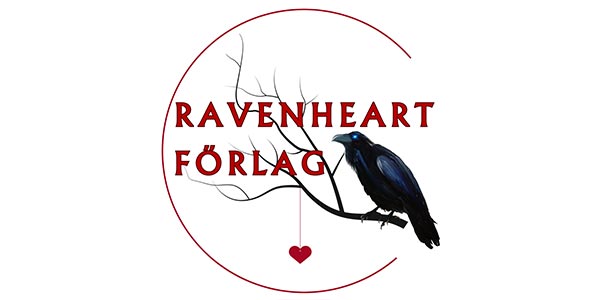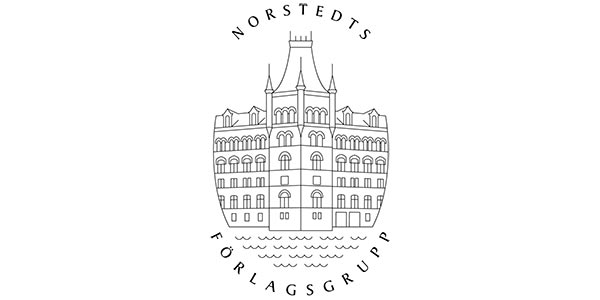
Cultural transformations after communism : Central and Eastern Europe in focus

| Medverkande | |
|---|---|
| Förlag | Nordic Academic Press |
| Genre | Samhälle, politik och debatt |
| Format | Ebok (EPUB) |
| Språk | Engelska |
| Antal sidor | 336 |
| Vikt | 0 |
| Utgiven | 2011-11-11 |
| SAB | Mf |
| ISBN | 9789187121838 |
Since the fall of the Iron Curtain the countries in Central and Eastern Europe has undergone profound transformations. However, in most research on these changes the cultural dimension of transition has been neglected. The analyses have focused on ‘hard’, institutional factors such as legal coordination and economic readjustments, and less attention has been paid to complex dimensions such as lifestyles, habitus, value markers in relation to identity.
In Cultural Transformations after Communism a group of experts aim to repair this deficiency, and present case studies from all of the former Communist countries that now are members of the EU. The researchers attempt to answer crucial questions about the constructions of a new identity in the region: Have the processes of democratization and opening the borders produced mentality changes and new value systems? Is there a convergence of values and cultures between the new and old EU-members?
The authors address themselves to students and researchers, and the book is valuable reading for anyone with an interest in European integration, issues of national identity, and the politics and culture in the post-Communist countries.
In Cultural Transformations after Communism a group of experts aim to repair this deficiency, and present case studies from all of the former Communist countries that now are members of the EU. The researchers attempt to answer crucial questions about the constructions of a new identity in the region: Have the processes of democratization and opening the borders produced mentality changes and new value systems? Is there a convergence of values and cultures between the new and old EU-members?
The authors address themselves to students and researchers, and the book is valuable reading for anyone with an interest in European integration, issues of national identity, and the politics and culture in the post-Communist countries.





















